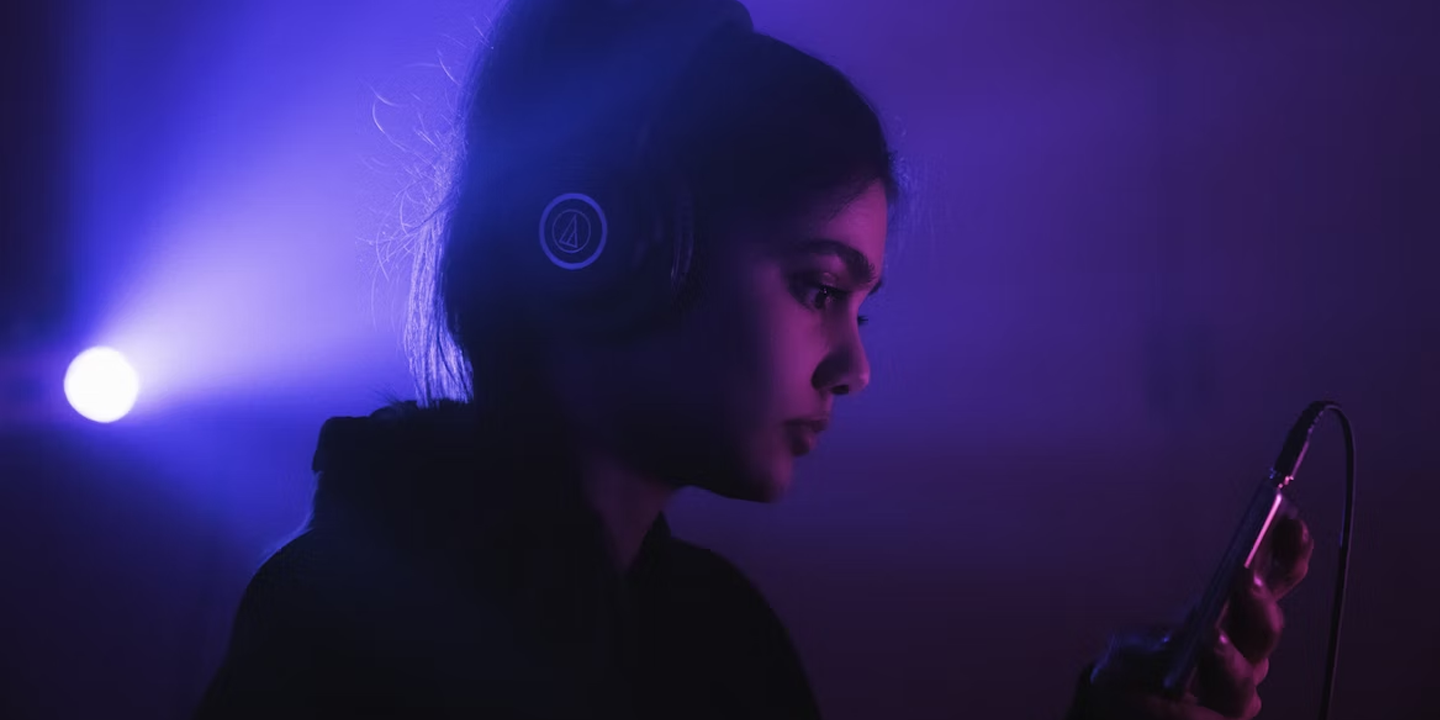20 Reasons Harry Potter Was Such A Cultural Phenomenon For Millennials
Gen Zers, Let Us Explain...
The cultural significance of Harry Potter may seem puzzling to Gen Zers who simply haven't experienced anything like it. Sure, they might've read the books and enjoyed them, but the globally shared experience, the growing up with the characters, the anxious waiting for the next book to drop, that was something else. We sincerely hope that some author somewhere will create something for Gen Zers that parallels what Harry Potter did for millennials, but until then, we'll just have to try to explain it. Here are 20 reasons Harry Potter was such a cultural phenomenon for millennials.
1. It Got A Whole Generation Of Kids Reading
Whether or not it was JK Rowling's goal, the Harry Potter series did something extraordinary: it actually got kids reading. Kids everywhere were devouring these books. Not just bookworms, but sporty kids, popular kids, and gamers who never had an interest in reading all had their heads buried in the Harry Potter books.
2. It Coincided Perfectly With Our Growth
The first year of Hogwarts was around our first year of middle school, so we were all 11 at the same time as the characters. As we and the characters aged, so did the book contents, with each book grappling with more mature themes.
3. The Characters Are Relatable
Not one character in the Harry Potter series is flawless, making them wholly relatable. This relatability was beautiful for a child who's just learning to navigate the challenges of the world, sometimes feeling like a big failure. Harry would often fail, but the main thing was that his intentions were in the right place.
4. It Was A Shared Experience
Practically everyone loved the Harry Potter series, whether you were in the UK, the US, or Asia. It somehow transcended borders and cultures like nothing else.
5. The Books Explored Universal Themes
The books explored themes of friendship, love, loss, courage, identity, and good vs. evil, among others. These themes gave the series emotional depth and helped it resonate across many different cultures.
6. It Made Nerdiness Cool
Because Harry Potter was such a shared experience, it turned reading from a solitary activity to a social one. It also brought the fantasy genre, which is often considered a nerdy fringe thing for people who like dressing up as elves, into the mainstream.
7. It Exposed Us To Greek Mythology
In case you didn't realize, Harry Potter is chock-full of mythological references. JK Rowling certainly didn't invent centaurs, three-headed dogs, or Basilisks, but she re-packaged them in such a unique way that gave these ancient creatures new life.
8. It Gave Us A Moral Compass
Harry and his friends stood up against injustice, even when it was hard and the task seemed impossible. Harry was a flawed character, and he slipped up sometimes, but at his core, he was a good guy with the right values, teaching us that goodness prevails.
9. It Was Our Religion
Millennials in many parts of the world grew up in secular societies where religion may have only played a minuscule part. In some ways, Harry Potter filled the void left when religion more or less disappeared by giving kids an ethical framework, creating a shared mythology, and helping kids address life's big questions.
10. It Grappled With Real-World Problems
It's not just a story about magic, witches, wizards, and wands. Harry Potter grappled with very real themes like racism, prejudice, government corruption, media manipulation, fascism, trauma, neglect, and classism.
11. It Made Us Feel Less Alone
By being something that so many children shared, no matter what background, Harry Potter made us feel closer together and able to have a conversation with almost anyone in our generation. Also, because it dealt with heavy themes like racism and prejudice, it made kids who felt the pains of these things feel less alone and more empowered.
12. It Helped Us Navigate Adolescence
They may have magical powers, but at the end of the day, those kids in Harry Potter are teenagers, dealing with normal teenager things. They got crushes on each other, they had petty fights, they went through identity crises, and they experienced all the awkward stages of puberty.
13. It Gave Us Something To Escape Into
From 9/11 to the market crash of 2008, millennials dealt with some pretty heavy things growing up. The wizarding world of Harry Potter provided a safe escape that we could plunge into.
14. It Coincided With The Rise Of The Internet
The first Harry Potter book came out in 1997, just as computers and the internet were becoming normal fixtures in people's homes. As a result, it was the first major book series to benefit from really cool interactive content accompanied by an online fan community.
15. We Identified With The House System
The Hogwarts house system that sorted students into one of four houses, Ravenclaw, Slytherin, Hufflepuff, and Gryffindor, gave us something to identify with. It allowed us to relate to the series on a more personal level, each of us imagining which house we'd get placed in (not Slytherin!).
16. The Books Were Absolute Page-Turners
The books were so appealing, accessible, and well-written, they really sucked you in. Even adults could easily be hooked on them, completely suspending their disbelief.
17. It Made Us Feel Magical
Millennials who grew up reading Harry Potter all secretly hoped to receive a letter from Hogwarts on their 11th birthdays. The wizarding world captured our imagination so vividly, it was easy to imagine that it really exists and that we were somehow a part of it.
18. It Resonated With A Wide Audience
Turns out magic speaks to a lot of people. One of the most incredible things about Harry Potter was its ability to resonate with such a wide, global audience due to its universal themes, relatable characters, and emotional depth. The books were translated into over 85 languages, making them one of the most-translated works of fiction of all time.
19. It Inspired Us To Be Activists
The Order Of The Phoenix and Dumbledore's Army fought against evil oppression, which taught kids to stand up for what they believe in. It also made them aware that institutions can be corrupt and that even ordinary people have the power to change things, inspiring a whole new generation of activists.
20. It Gave Us New Vocabulary
We'll never not casually drop Harry Potter references in our conversations with other millennials. "Hogwarts," "muggles," and "He-Who-Must-Not-Be-Named" are just some of the staples of millennial speech that we simply can't get away from.




























